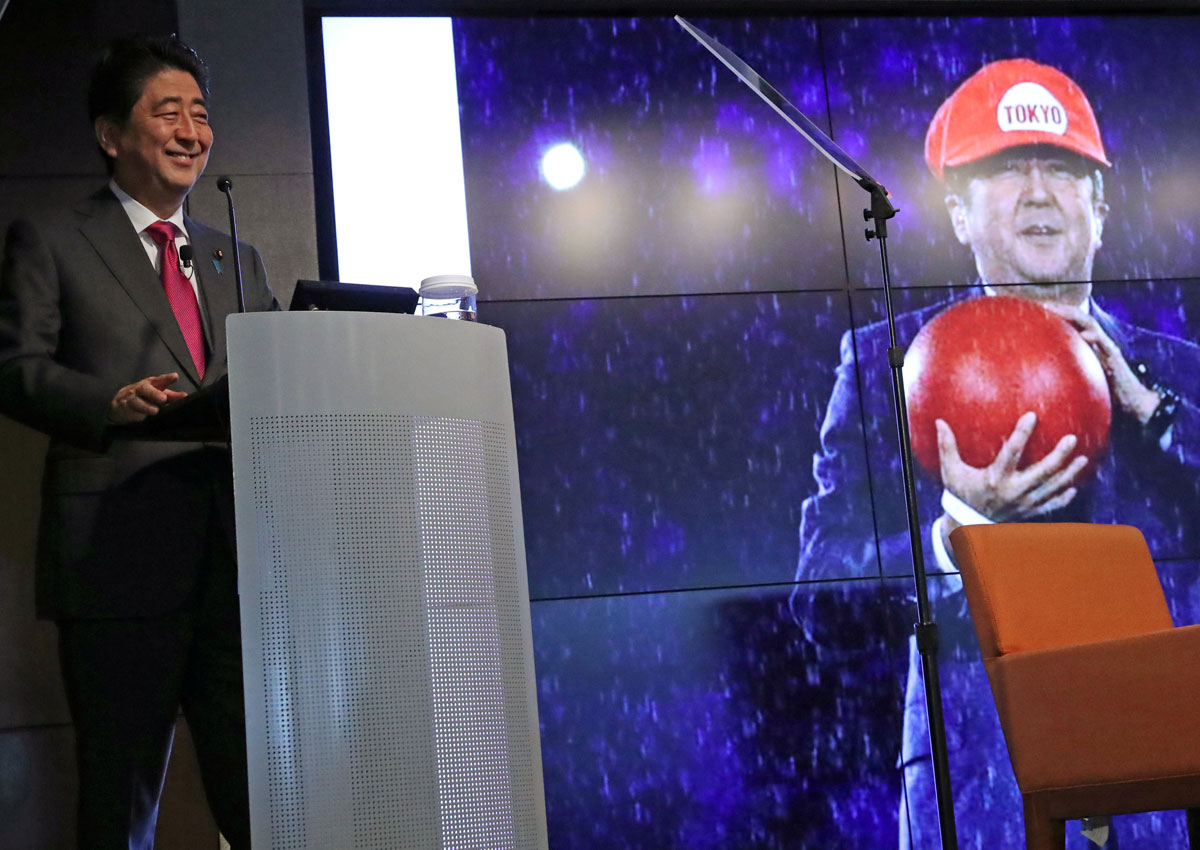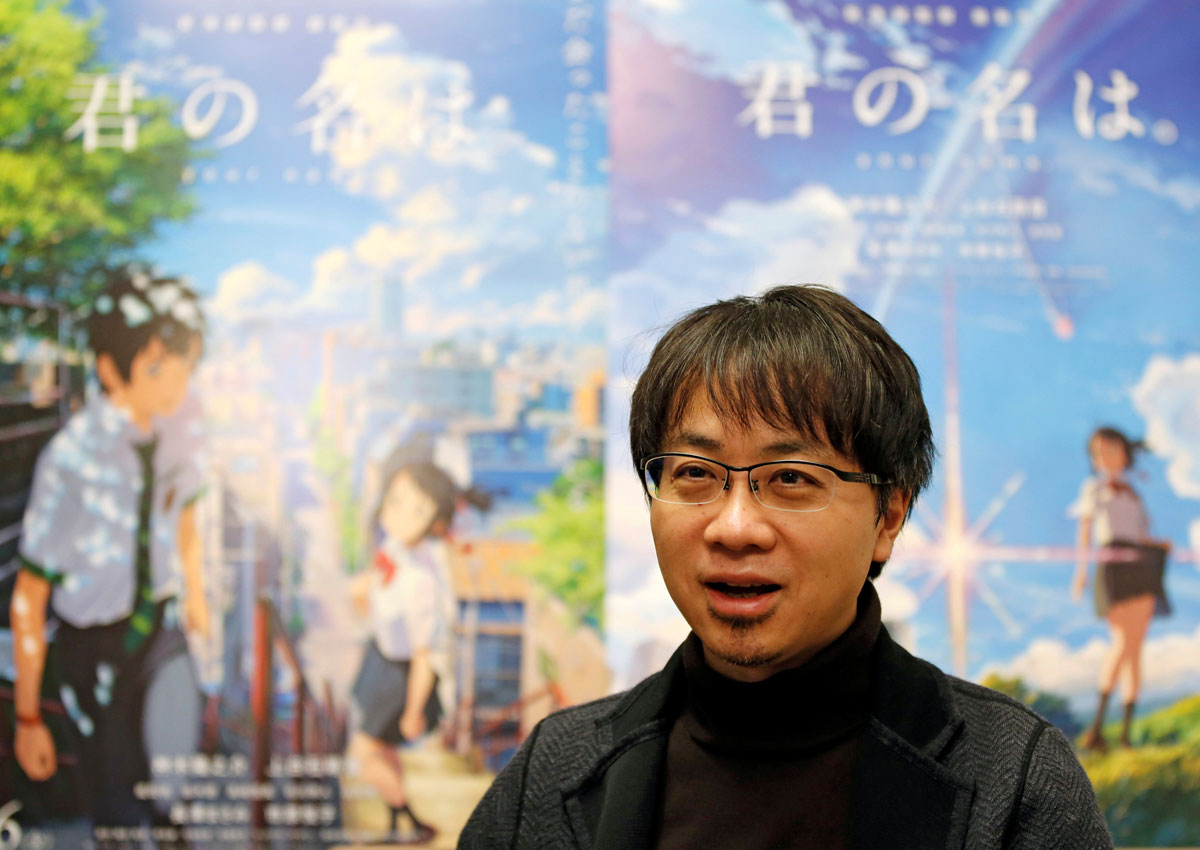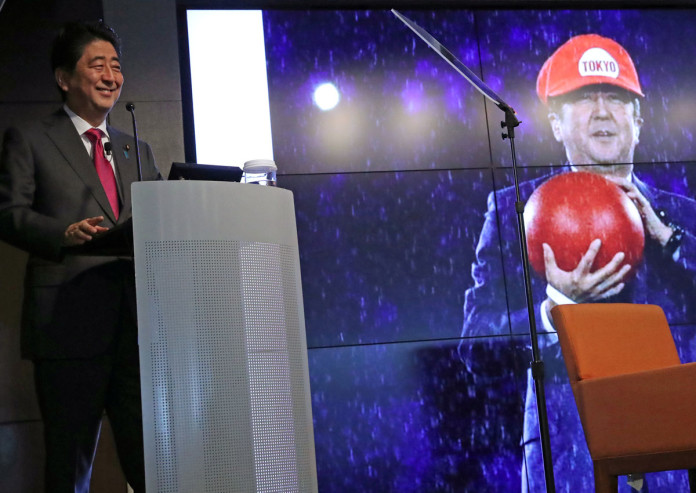A coming-of-age Japanese animation movie is a smash hit in China, raking in over US$41 million (S$58 million) at the box office to become the top-grossing film over its opening weekend, after beating out Warner Bros’ “Fantastic Beasts and Where to Find Them”.
Directed by animator Makoto Shinkai, “Your Name” is a fantasy body-swapping romance between two teenagers and its success in the world’s second-largest film market is stoking expectations for the film ahead of its wide US release in early 2017.
It received the award for Best Animation of the year from the Los Angeles Film Critics Association on Sunday and is on an Oscar-qualifying theatrical run in Los Angeles this week.
Even before its release, “Your Name” was highly anticipated in China, with its film title trending for at least a week on Weibo, China’s Twitter-like microblog, underscoring the popularity of Japanese animation in Asia.
According to a report from industry body The Association of Japanese Animations, sales of Japanese animation overseas reached $28.84 million in 2015, some 80 per cent higher than the $16.18 million in 2014 and up from $16.05 billion in 2013.
The association attributed the sharp rise to growing demand in China, with growth in sales of streaming rights to the world’s second largest economy up 78.7 per cent in 2015 from a year ago.
That “Your Name” was made in Japan was not lost on Chinese netizens, some of whom questioned its popularity after years of ad hoc movements to boycott Japanese goods whenever disputes arise. A few reviewers gave poor ratings to the film, citing patriotism, but reviews were largely positive and critical of any negativity surrounding the movie simply due to its origin.
A post making its rounds on social media Wednesday detailed the chat of a parent urging 90 counterparts in a chat group on messaging app WeChat not to allow their kids to watch the movie, as Japanese cultural imports would give rise to “the erosion of Chinese ideology, contribute to treason and affect the future of China.” The only person in the group who responded said: “Movies are just a form of entertainment.”
National media in China and Japan, however, were fast to seek common ground on the back of the film’s success.
“Although people in the two countries may feel ill will toward one another, as the shared enthusiasm for ‘Your Name’ shows, they are also culturally bound to one another in many ways,” state-owned China Daily newspaper’s Tokyo bureau chief, Cai Hong, wrote in an opinion piece with the headline “Popular culture can be employed to help forge friendly ties.”
Kyodo news agency noted in its report of the success of “Your Name” in China that “Chinese President Xi Jinping and other top Chinese officials have said the two Asian countries should expand positive aspects in the bilateral relationship, while acknowledging that more needs to be done to manage differences over territorial and wartime issues.”
The South Korean media meanwhile was quick to point out that the warm welcome “Your Name” received contrasted with the cold reception for its own pop exports, due to Beijing’s row with Seoul over the US’ deployment of the THAAD (Terminal High Altitude Area Defence) missile system.
“China rejects Korean pop culture, welcomes Japanese animation amid row over THAAD,” was news agency Yonhap’s headline.
Since October, not one K-pop artist has been granted approval to perform in China, according to reports in Korean and Chinese. The Korea Times and Yonhap News suggested last month that the snub was a sign of intensified anti-Korea sentiment on the mainland, one of the top consumers of “hallyu,” or Korean pop culture.
The success of “Your Name” follows its popularity across other parts of Asia including Hong Kong, Taiwan and Thailand.
At home in Japan, the film has dominated the box office since its release in August, grossing some $175 million by now to become the second highest grossing Japanese title of all time, trailing behind the Studio Ghibli’s “Spirited Away”, which won the Oscar for Best Animated Feature in 2003.
The movie’s popularity also comes on the back of a high profile run in Japanese cultural exports this year with runaway mobile gaming hit “Pokemon Go” amplifying the visibility of the country’s pop icons.
Even Prime Minister Shinzo Abe joined in the party, dressing up as Super Mario at the Olympic closing ceremony in Rio de Janeiro in August. He appeared alongside Hello Kitty, manga cartoons Capitan Tsubasa and Doraemon as well as video game Pac Man in a video shown at the same event to promote Tokyo as the host city for Olympics in 2020.









